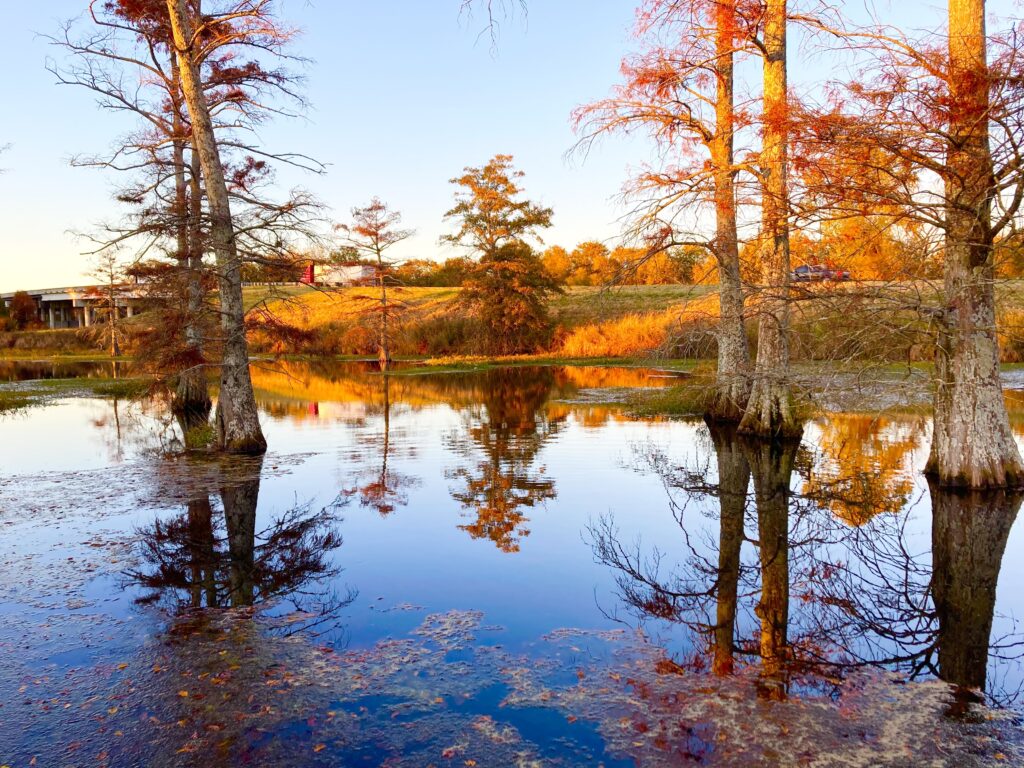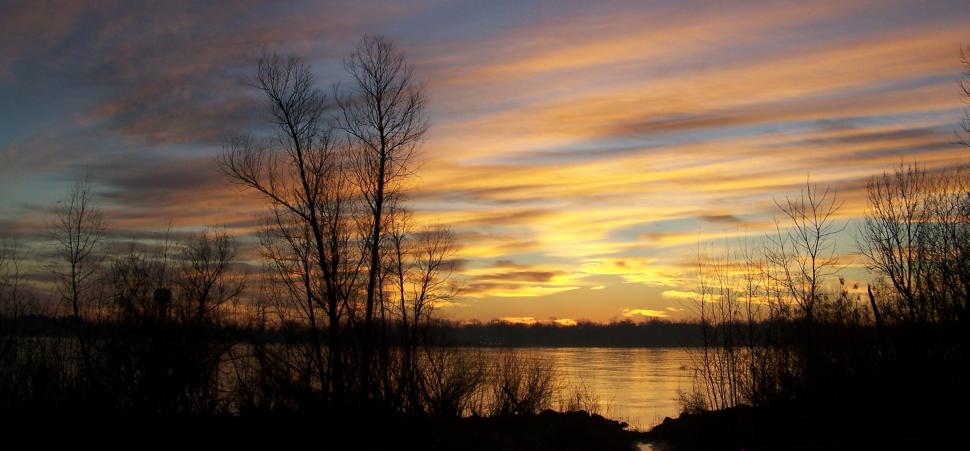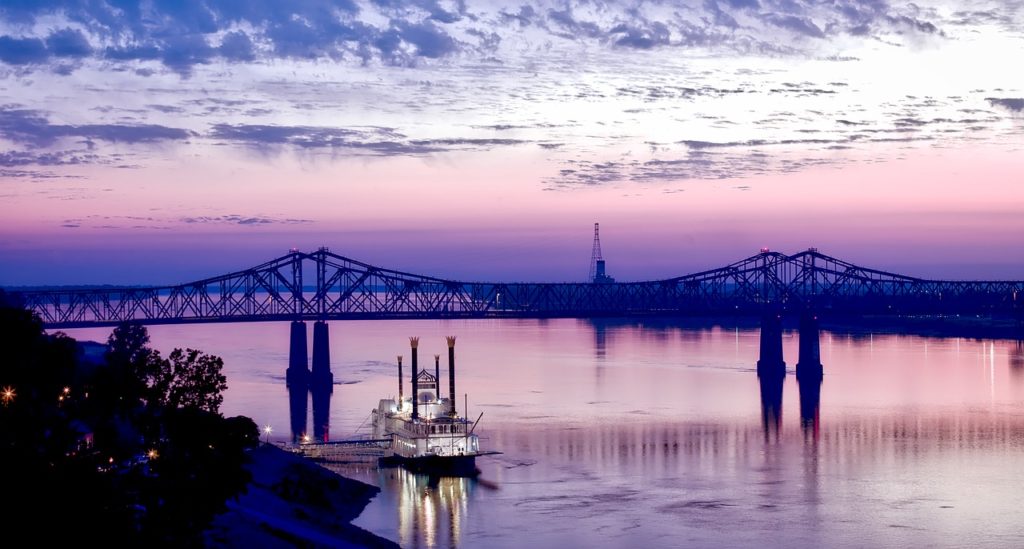Delta
Mosey Frye Mysteries is a series, right?

And so you expect certain things to recur—which they do. For example, the premise is essentially the same for each book. Mosey Frye, a grudging real estate agent, who’d rather be singing opera or juke songs than selling houses, discovers that, every time she lists a house, a murder has been committed there. She might, for example, come upon a skeleton in a cistern or a body in a garage. After a few of these incidents, she thinks her specialty must be stigmatized properties. Consequently, despite her utter lack of sleuthing skills, she must solve the case so that she can sell the house. Occasionally, the author allows herself a wide berth, as in the case of The House with a Corner Door, in which Mosey’s involvement with Shoemaker House is only marginal; albeit, she does, indeed, help the Westford police chief to track down the killer of three real estate agents, two of whom she’d read about in the Hembree Gazette long before setting foot in Westford.

Besides this approach-defining premise, there are recurring themes, fairly easy to pick out. Just as some authors set their mysteries in exotic places, she sets hers in the Delta, that great alluvial plain that fans out into large stretches of Mississippi, Arkansas, and Louisiana. If someone were to drop you down in a cotton field or on a levee along the Mississippi River, you would have a hard time figuring out which state you were in.
When it comes to this very special place, it’s hard to say which inspires a person more: living in the Delta or not living there. During the years of the author’s residency—birth to eighteen—writing about “God’s country” didn’t especially interest her. Only with time and distance did she recognize “Delta” as something meaningful that she had experienced and, more than that, it had helped to form her. It was then that she endeavored to truly fathom it, first, in memory, then, in fiction.

As she began to write, she discovered—along with the essentials of craft—the importance of place, which in her case was this unusual land, flush with the earth, not a bump or a hill on it. And the nearby river as well, eminent and powerful, able to offer up bounty and just as easily to wash it away. These two staples, the land and the river, often radiate into the nostalgic longings of Deltans who, when away from home, yearn to gaze at a bog of cypresses, trees growing straight up out of water. Or to drive along a tree-lined creek with its algae-infected waters and its cacophony of insects and amphibians. A Deltan might, likewise, long for cotton fields, all sun and warmth. Once you’ve passed by a freshly-picked field, years later you’re likely to remember the smell, sort of an oily or metallic scent that comes from the broken seeds.